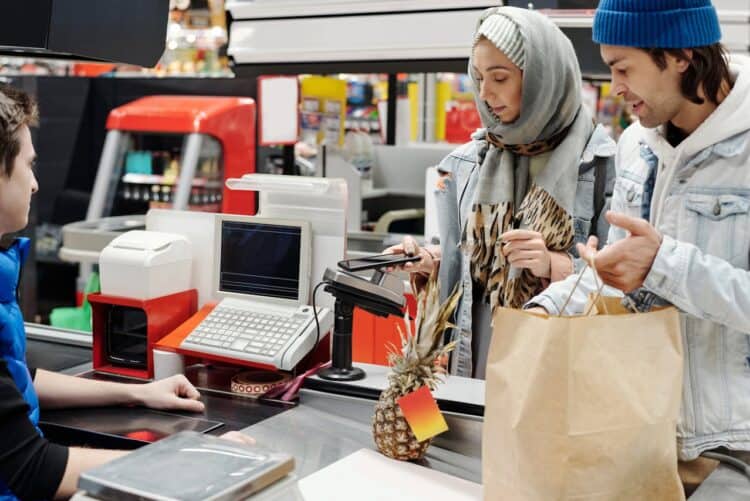The 17th Annual Global Shopper Study by Zebra Technologies reveals a pressing concern among retail associates in the Asia-Pacific (APAC) region regarding loss prevention, with 72% expressing worries about insufficient technology to combat theft and enhance store safety. This sentiment echoes a global trend in which 84% of retail associates share similar apprehensions. The study highlights a growing need for improved technological solutions to support frontline workers, particularly in an era where 78% of retailers feel high pressure to minimise theft.
Retailers are increasingly recognising the potential of artificial intelligence (AI) and other technologies in loss prevention. While only 38% currently utilise AI for this purpose, a promising 50% plan to adopt it within the next three years. “Investments in mobile and intelligent technology will enhance operational visibility, empower store associates with greater mobility, and support informed decision-making,” stated Christanto Suryadarma, Zebra’s Sales Vice President for Southeast Asia.
The study also sheds light on the challenges faced by shoppers, with 70% unable to locate associates for assistance. This issue has resulted in 21% of consumers leaving stores without making a purchase due to a lack of available help. Despite a general satisfaction with shopping experiences, the report shows a decline, with satisfaction rates dropping to 81% for in-store experiences globally.
Moreover, while 78% of shoppers appreciate self-checkout options, a significant 68% find these lanes lacking. This frustration is compounded by concerns over product accessibility, as many shoppers find it annoying when items are locked away for security reasons.

To address these challenges, retailers are prioritising technology investments, with 75% planning to enhance their technological capabilities by 2025. George Pepes, APAC Vertical Solutions lead at Zebra Technologies, emphasised the importance of adopting advanced technologies, stating, “These solutions are purposefully designed to mitigate issues such as stockouts while enhancing associates’ ability to deliver a seamless customer experience.”
To recover from declining shopper satisfaction, the study recommends that retailers focus on understanding customer preferences, ensuring product availability, and equipping associates with better technology. By doing so, retailers can not only enhance the shopping experience but also empower associates, ultimately driving profitability in a competitive landscape.



